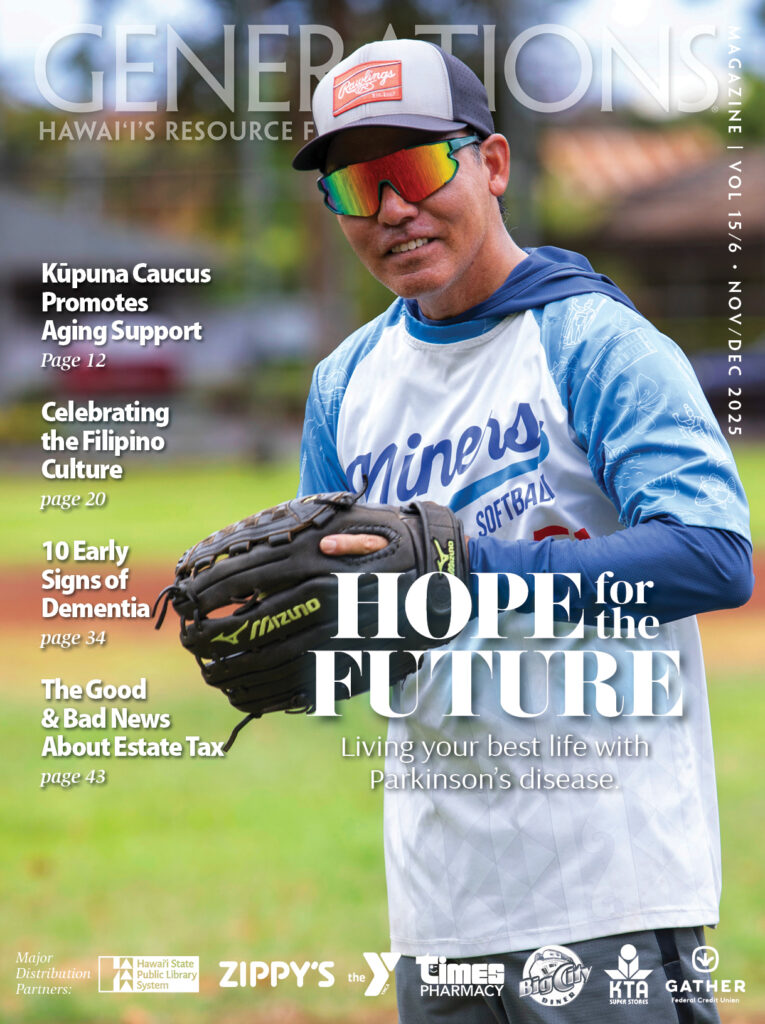Caregiving became a full-time responsibility for Lahaina resident Montella Lopez in her mother’s final years. In the six times her mother was discharged from the hospital, Lopez said she received little or no instruction on how to care for her mother at home.
As Hawai‘i’s population ages and the number of people with chronic conditions increases, pressures on unpaid caregivers mount. Thousands of Hawai‘i caregivers like Lopez are providing complex care for which they are unprepared— such as medication management and wound care.
In response to this urgent need, a group of advocates and elder-support agencies are calling on state lawmakers to approve legislation requiring Hawai‘i’s hospitals to offer family caregiver instruction—at the time of discharge. The Hawai‘I CARE Act Coalition wants all hospitals to recognize and support the critical role of family caregivers to ensure safe hospital-to-home transitions.
This summer, a Legislative Family Caregivers Working Group has held monthly meetings to assess the role of family caregivers in hospital discharge procedures. Working Group members are reviewing proposed CARE Act legislation that features three commonsense provisions:
Allows patients to designate a family caregiver, and put that person’s name in the hospital record.
Notifies the family caregiver prior to the patient’s discharge from the hospital.
Requires hospitals to offer caregiver instruction— at discharge — for medical tasks they need to provide for the patient at home.
Hospitals opposing the proposed legislation say they already follow federally established guidelines for patient discharge. Advocates emphasize that guidelines only require discharge instruction for patients—not family caregivers who may be required to carry out those instructions.
New research on family caregivers in Hawai‘I has created greater urgency for legislative action in support of an estimated 154,000 relatives, partners, friends and neighbors who assist older loved ones at home. According to the AARP Public Policy Institute report, family caregivers statewide provided unpaid care worth $2.1 billion in 2013.
In the past two years 17 other state legislatures passed bills providing for greater involvement and instruction of caregivers at the time of hospital discharge. Hawai’i seems to be falling behind.
It’s time to support our family caregivers who make it possible for their parents and grandparents to live more independently and remain in their homes and communities. Given our rapidly aging population and prohibitive cost of paid eldercare in the islands, Hawai‘i should be leading the way in support for caregivers — not falling behind.
Residents are urged to support the CARE Act in Hawai‘i by signing an online petition at action. www.tinyurl.com/AARPISupportCAREAct.
AARP Hawai‘i state office:
808-545-6006 | Toll-Free: 866-295-7282
www.aarp.org/hi | facebook.com/AARPHawaii
twitter.com/AARPHawaii


Leave a Reply